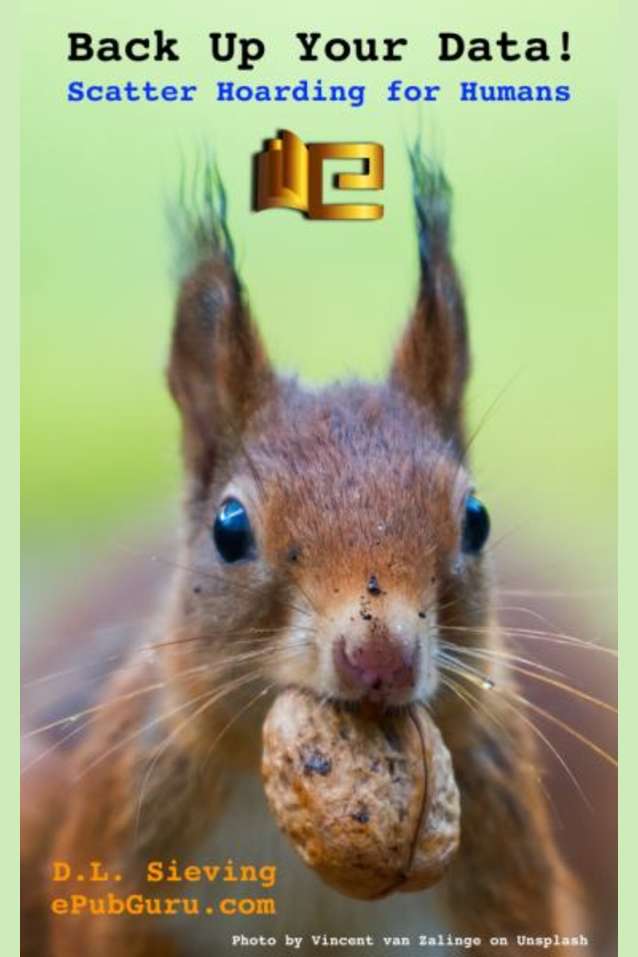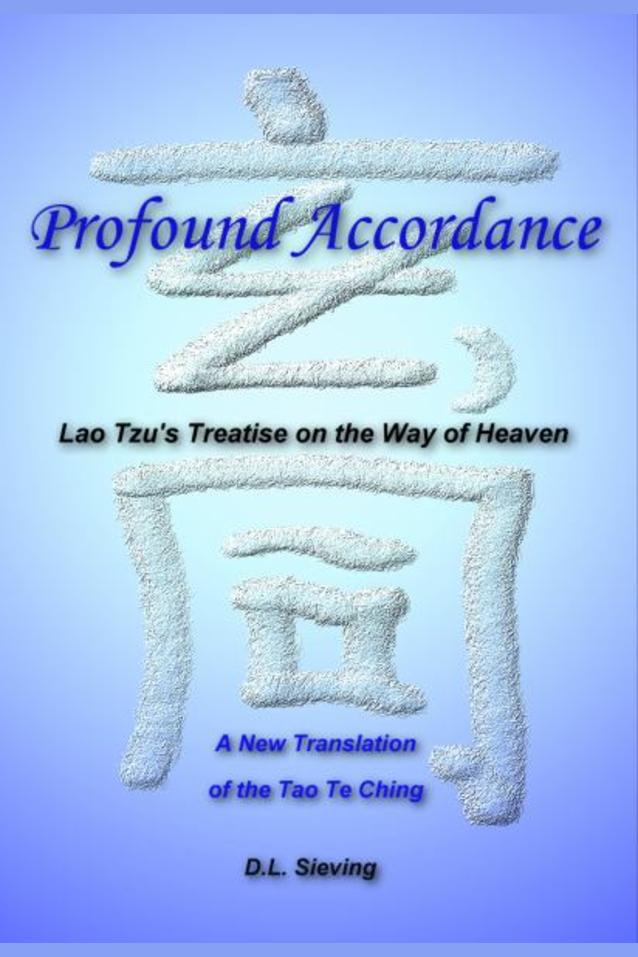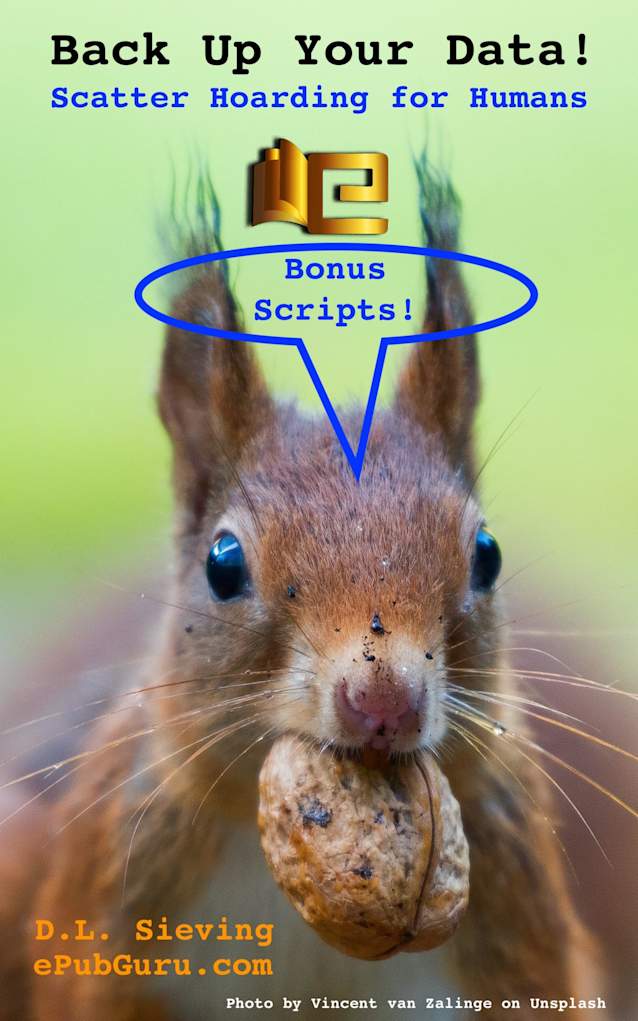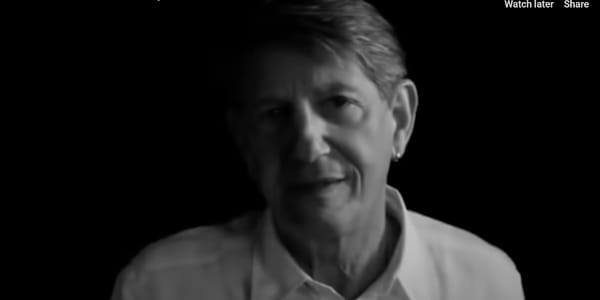I cannot but accept Vonnegut’s definition of a karass, not least because as its inventor, he gets to define it. I am free, however, to recognize other groupings – groupings aside from the karass – that like the karass do not qualify as granfalloons. I found just such an array of groupings when I read Chapter 5 of Snakes in Suits by Babiak and Hare (2006), in which the authors recount the results of their informal observations of people’s reactions to fraudsters they likened to the phony...

David Sieving
Books
View AllPraise
Why were there no reviews of this excellent book?
Of all the translations of the Tao Te Ching you will come across, this one is surely the best. You can finally understand the context and meaning of Lao Tzu's wisdom.
Sieving's insightful explanations, asides and "interpolations" bring the work back to life after a century of dusty and opaque translations. You can hear and feel the presence of the old master again in every chapter and on every page.
Hopes were raised in the mid 70's with the Ma Wang Tui tomb discovery, which gave us the earliest preserved versions of the book, that mysteries would be clarified. Even the title was suggested as Te Tao and not the usual Tao Te Ching. Siefert's book reveals the new sources to be essentially funerary objects and although providing some insights were generally a disappointment.
With each reading of the Tao Te Ching, do we not hope for more insight into the meaning of Tao the mysterious "Way of Heaven?" "the essential, unnamable process of the universe." which forms the core of religious Taoism. While reading this book and other sources even earlier than the 6th century BC of Lao, I found these descriptions:
"that which upholds the natural order of the universe."
"Its original meaning is something like 'natural law.' "
"natural universal laws whose observance enables humans to be contented and happy"
"the 'law of being' without which things cannot exist.
"the essential nature of reality and also the teachings and practices that enable realization of that essential nature.
If that sounds like a description of the Tao, it isn't -- what is being described is Dharma.
Dharma is not just the body of teachings left by the Buddha but a concept which "comes from the ancient religions of India and is found in Hindu and Jain teachings as well as Buddhist." The Dharma concept can be traced back to the Rig Veda composed between 1500-1200 BC.
Like Buddhism, which followed, I suggest that Dharma was imported into China from an even older, wiser source, absorbed into nascent Taoism and renamed "The Way of Heaven." Lao Tzu, following his own principles, took the imported clay of Dharma and turned it into the unknowable and empty vessel of The Tao.
Profound Accordance is highly recommended for all cultural time travelers who seek the wisdom of the ancient masters.
D. Wallace, Reviewed in the United States on December 6, 2016 (Verified Purchase)
–
D. Wallace, satisfied customer of Profound Accordance
Impressive! And, I agreed with you even b4 you so eloquently laid it out, that The Eye of the Sahara was the remanent of Atlantis. It makes sense to me even better now.🙂
–
@sherryblanton2029 (YouTube handle) after watching Atlantis Revisited, Volume 1: A Scientific Analysis of Plato's Atlantis. Press the [Atlantis Revisited] button under the banner image.









